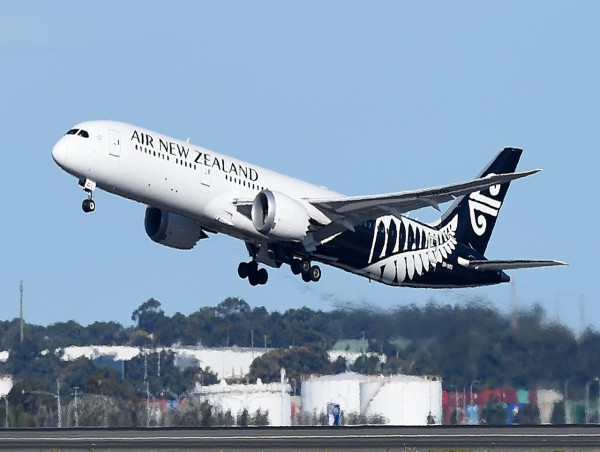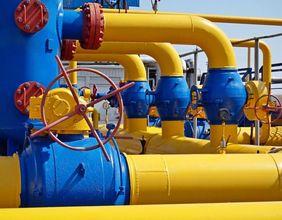New Zealanders paying a premium for airfares are helping Air New Zealand bolster profits, with the national carrier expecting an improved bottom line this year.
On Thursday, the company posted improved guidance to New Zealand's Exchange, raising expected earnings by tens of millions of dollars.
It cited "strong levels of demand" for the improved profits, with capacity on its network running at 95 per cent on domestic flights and 80 per cent internationally.
The improved earnings and demand come as Kiwis are paying more for airfares.
Domestic fares are up 53.7 per cent on a year ago according to new inflation data released by Stats NZ.
International fares are up 16.7 per cent on the past 12 months.
Domestic fares peaked in the final quarter of 2022, when they were up 59 per cent from the start of the year, but softened slightly in the first quarter of 2023.
Air New Zealand executive Iain Walker said a number of factors were behind the surge, including "demand, fuel prices, higher supplier costs, increased cost of labour, and general inflation".
"We are in a different operating and economic environment from what we were three years ago, and fares are reflective of this change," he told AAP.
Mr Walker acknowledged there were fewer sales compared to before the COVID-19 pandemic.
"Our recommendation to customers is to book early to secure the best deals," he said.
"We're continuously monitoring our cost base and market conditions to ensure we can make our services commercially viable, while also offering Kiwis competitive airfares."
Airlines were one of the hardest-hit industries in the pandemic, with various restrictions around the operation of flights, and until recently, diving demand.
Air New Zealand posted a combined loss of $NZ1.17 billion ($A1.08 billion) in the past two financial years.
Through the pandemic, it has borrowed $NZ850 million ($A787 million) from the government, the majority shareholder at 51 per cent ownership, which has also subsidised freight by hundreds of millions.
In interim results delivered in February, the company announced a first profit in three years - posting after-tax earnings of $NZ213 million ($A197 million) in the six months to December.
The earnings guidance this week showed the airline would remain profitable in the first half of this year.
"Since (February) the airline has continued to experience strong levels of demand on both the domestic and international networks," the note read.
The guidance cited lower than expected jet fuel prices, offset by a weaker NZ dollar and "softer cargo revenues due to increased competitive capacity, particularly in Asia".
The new guidance for earnings before other significant items and taxation for the 2023 financial year to be $NZ510-560 million ($A472-519 million), whereas the prior guidance was for $NZ450-530 million ($A417-491 million).
It also names up "ongoing fuel price volatility, global recessionary risks and inflationary pressures across the entire supply chain" as downside risks.





